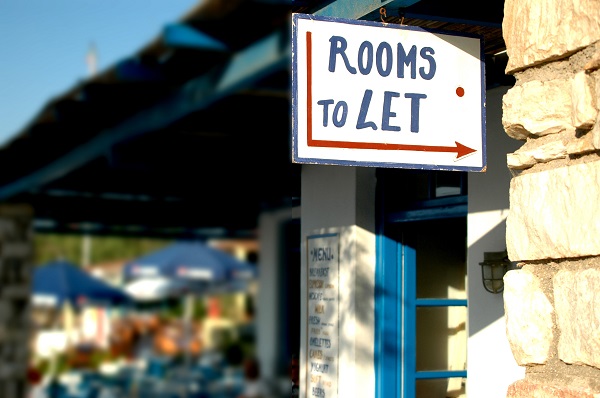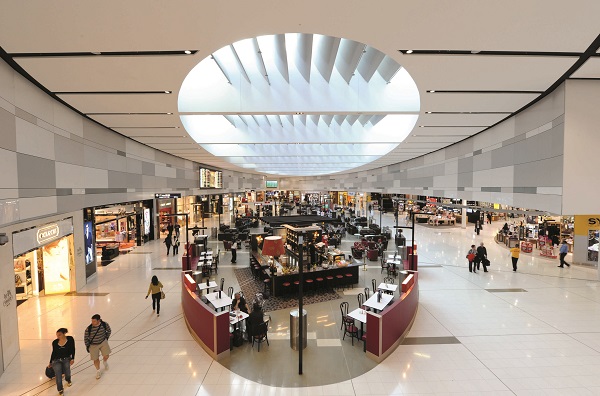
Genuine sharing is fine but commercial short-stay operators need to be regulated
Tourism Accommodation Australia (TAA), said that the NSW government’s response to the Parliamentary Review into short term letting was an acknowledgment that unregulated short-term letting in residential communities was a complex issue where the benefits had to be carefully weighed against the far-reaching and potentially negative consequences.
TAA CEO, Carol Giuseppi, said the accommodation industry had no issues with the government relaxing regulations for property owners who provided genuine share stays by offering a room in their house or apartment on an occasional basis.
However, existing regulations needed to be enforced to prevent commercial operators exploiting the new online distribution system and operating ‘quasi hotels’ that didn’t comply with the fire safety, disability access, employment, insurance and taxation requirements required of other commercial accommodation operators.
“Research shows that 35% of Airbnb listings in Sydney are available 365 days a year and being operated as fully commercial property businesses, with an increasing proportion operated as multi-property businesses – this is not ‘sharing’,” said Ms Giuseppi. “It is essential that adequate regulations be imposed on non-resident commercial property investors who rent out full properties for short term stays.
“We have also recommended a specific time limit to be placed on short-term letting of properties, which would allow owners to rent out their property while on holidays – but not as a commercial business. This needs to be supported by a register of properties to improve transparency and compliance and better inform government and industry planning.
“TAA welcomes the opportunity for further consultation with government to ensure a resolution is reached that ensures the sustainability of the commercial accommodation sector which currently injects $2.3 billion directly into the economy, contributes $4.5 billion in consumption, and directly and indirectly employs over 80,000 people across NSW.
“It is important that investor confidence is sustained as Sydney is currently undergoing the largest-ever expansion of its hotel sector, with the 40 hotels and 8000 rooms under development or in planning set to inject over $4 billion into the local economy and create thousands of sustainable jobs.
“Sydney and regional areas need to be differentiated in the new regulatory framework. Holiday houses in regional areas are not the main issue. It is the prospect of houses and apartment blocks being turned into quasi hotels and impacting residents, communities and legitimate operators that should be the most pressing issue for government to address.
“The government can learn from cities around the world that have recently introduced strict regulations to counter the negative effects – particularly for housing and rental affordability – caused by the unfettered growth of unregulated commercial short-term stays, and we would encourage the government to develop a new regulatory environment that allows the tourism sector to grow, but not at the expense of residents and legitimate operators in the industry.”

AccomNews is not affiliated with any government agency, body or political party. We are an independently owned, family-operated magazine.








Why should an investor be dictated to as to how they choose to rent their property, as long as it is done within legal and regulatory guidelines. Strongly disagree that the rise of the popularity of short term rentals is a contributing factor to the rise in real estate affordability.
Unfortunately management of holiday rentals has not been widely embraced by the property management industry, as for the most part they do not understand it The rewards are there if done properly. The stats out of the US say that 10 years ago only 1 in 10 holiday makers looked for self-contained accommodation, now it is 1 in 3. Australia is rapidly following suit. Sorry hotel industry – get used to it, embrace it and consider changing your own models. Not everyone wants to eat in a restaurant for breakfast, lunch and dinner. They want to cook meals of their choice, be able to do laundry as needed, want additional living space.
Why should there be differentiation between regional and city areas? Any guest booking a property anywhere should be confident that the booking they have made is secure and the property is as promised.
Professional managers do ensure that all regulations are carefully followed and have the knowledge to ensure that the delicate balancing act between owners and guests needs are met. NSW Residential Tenancies Act states that to take money from a guest for the purposes of short term accommodation in a property that is not your own, you must be a licensed agent. To take money for a property not your own requires a property management agreement. Unfortunately have already seen the rise of businesses offering short term accommodation that are not.
Education for landlords and agents is the key to better operation of a growing market.